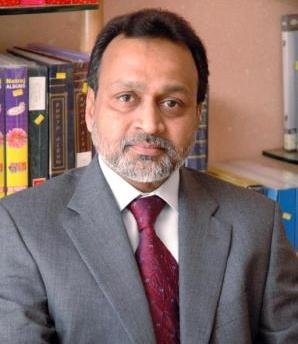Telecom Lead India: TDSAT has quashed the decision of the Department of Telecommunications (DoT) to impose 8 percent license fee on pure Internet services from April, 2013.
The tribunal upheld an Internet Services Providers Association of India (ISPAI) petition challenging the government’s bid to tax internet and broadband income.

“This is major victory for the Internet and broadband consumers in India,” said Rajesh Chharia, president, ISPAI.
At present, ISPs don’t pay any fee to the government. ISPs offering internet telephony pay about 6 percent of their annual revenue as licence fee to the telecom department.
On 29 June 2012, DoT issued a circular directing all ISPs to pay uniform licence fee of 8 percent of gross revenue on both categories in a two-step process. ISPs would pay 4 percent while ISP-IT companies would pay 7 percent from July 1. Both would eventually have to pay 8 percent of their AGR as licence fee from April 2013.
In July, the Indian Internet industry body representing ISPs had approached the TDSAT for quashing DoT’s move, claiming it would force a change in the licence agreement without mutual consent.
TDSAT, in its order said: Presumably, the government was required to consider all aspects of the matter, including the question of whether the petitioners, with regard to pure internet services vis-a-vis services rendered by UAS licensees have a level playing field. If they do not, appropriate measure may have to be taken but the petitioners could not be asked to provisionally pay based on their annual gross revenue (AGR), where the final decision is to be taken at a later stage.

An ISPAI statement said the industry body representing ISPs was miffed by the government decision since internet and broadband penetration is low with the present pan-India broadband subscribers base at a shade above 14 million. The telecom department’s move would have forced the consumer to pay more for using internet services as these companies would have automatically passed on the proposed licence fee burden.
“At present the growth of Internet and broadband is abysmally low with total number of broadband subscribers just over 14 million. DoT’s move would have resulted in increase in cost of using Internet services affecting the affordability of consumers at large,” Chharia added.





